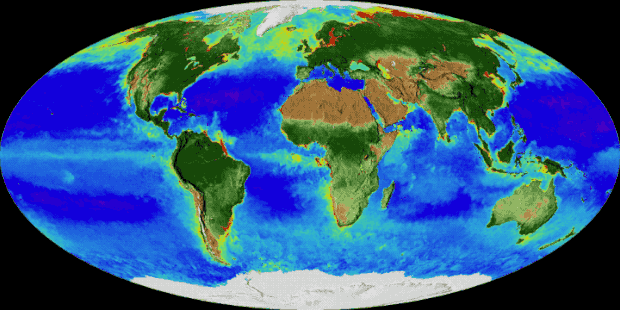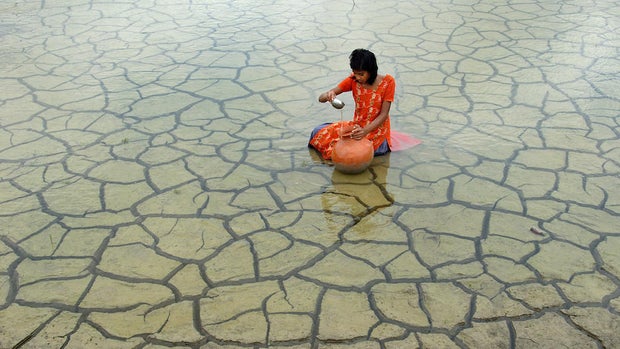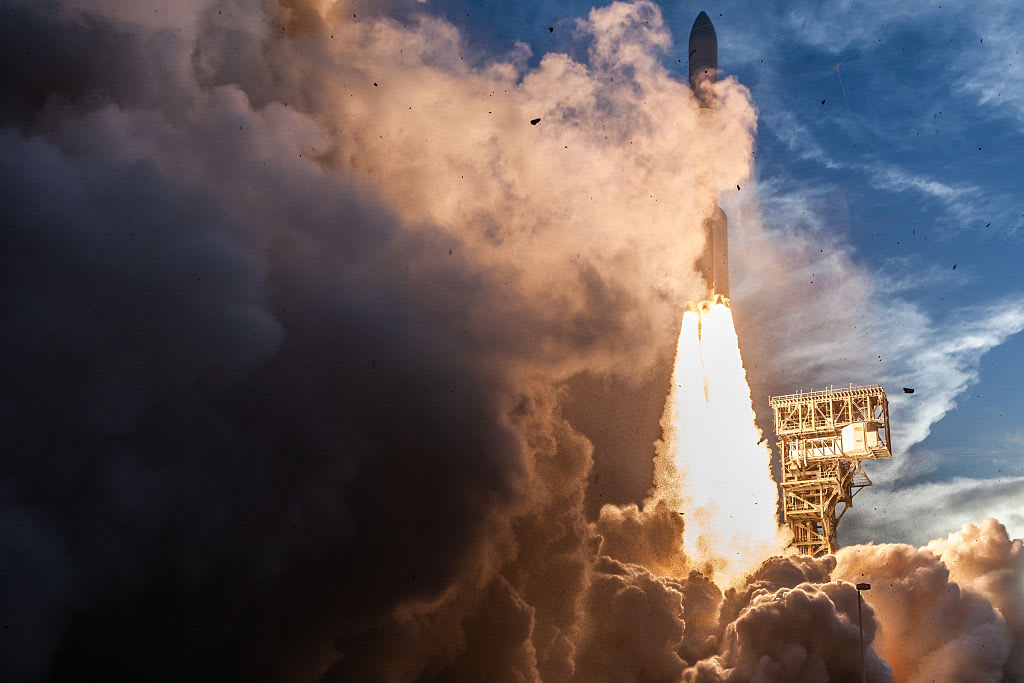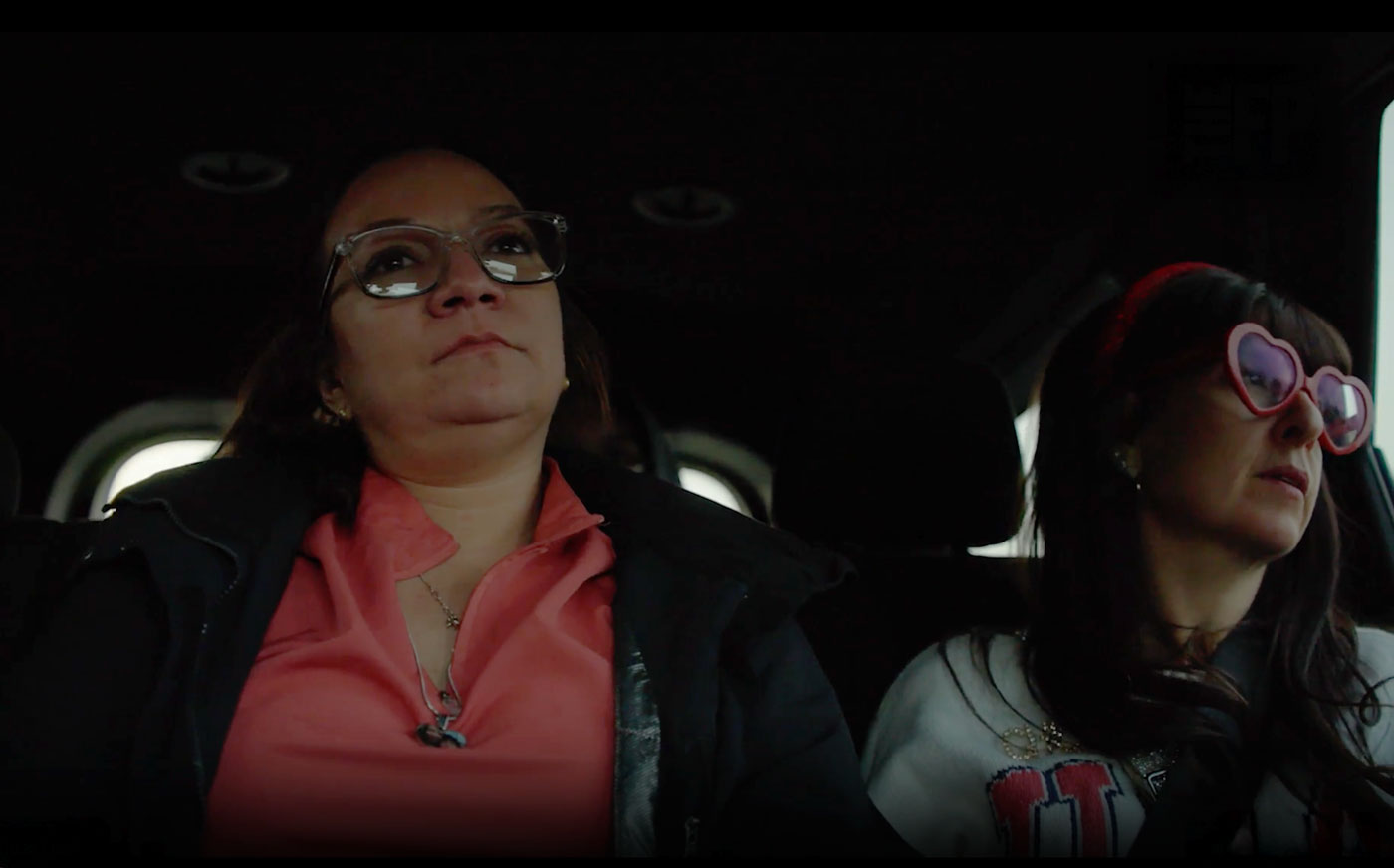NASA time-lapse of Earth's 20 years shows how the planet is changing
Our most complete picture of life on Earth is coming into focus, as a stunning new NASA time-lapse video crams 20 years into just a few minutes. It is helping scientists learn a lot more about global warming and how the planet is changing.
"It's one of a kind. It's never been done before and so being able to capture land, ocean, atmosphere, ice, over 20 years together -- it's insanely cool," NASA oceanographer Dr. Jeremy Werdell told CBS News correspondent Chip Reid.
NASA launched this satellite in 1997, allowing them to track life on Earth through 20 years of satellite imaging.
"Bottom line, what are you seeing, the planet getting warmer over these 20 years?" Reid asked.
"Absolutely," Werdell said. He said the data points help show how our planet is changing.
"Generally speaking, ocean levels are rising. Now they rise slowly, it's like watching ice cubes melt in a glass of soda," Werdell said.
What's causing the changes in color are changes in the map are gazillions of microscopic creatures called phytoplankton.
"You love these little guys," Reid said.
"We're geeks. Yeah, I'm sorry. We do. I do love these guys. First they're useful to the society, they feed us, they give us oxygen, but they're just so beautiful," Dr. Ivona Cetinic said.
The tiny ocean organisms Cetinic studies, along with plants on the ground, pull carbon dioxide out of the air and help human life possible. These building blocks of life are at the bottom of the food chain, and Cetinic says as they change, so can Earth's ecosystem.
"It's really cool. This data set is powerful because it tells us what's happening now, what happened in the past, but also what's going to happen in the future," Cetinic said.
It's complicated but one way to think about all this is that by keeping track of all those phytoplankton in the oceans, scientists have an early warning system on what's happening to the Earth as it heats up. To help them do that even better they're sending up another satellite this weekend.







